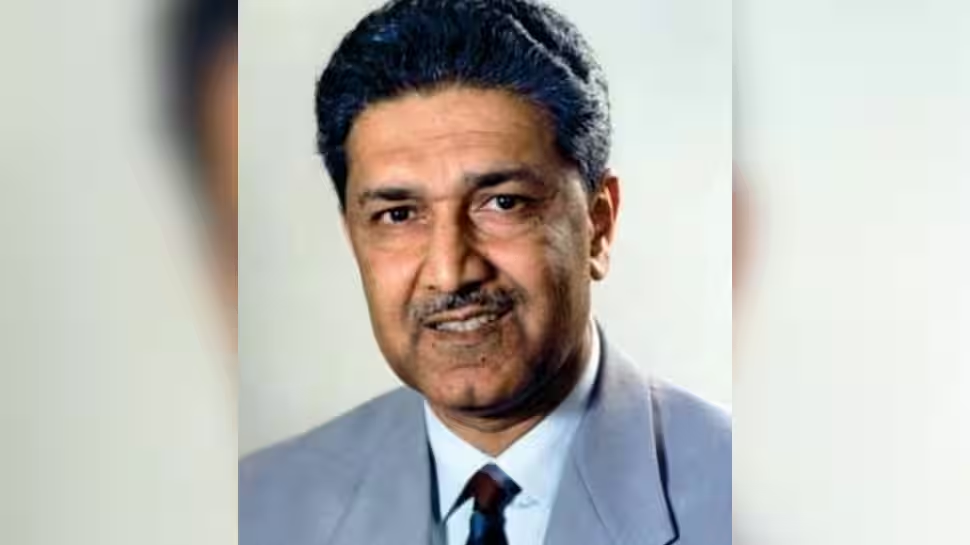Abdul Qadeer Khan’s journey from India to Pakistan’s nuclear hero and his controversial legacy
Abdul Qadeer Khan, an Indian-origin scientist, is known as the ‘father of Pakistan’s nuclear bomb’ and played a pivotal role in making Pakistan the first Islamic country to possess nuclear weapons. He was awarded the Nishan-i-Imtiaz, Pakistan’s highest civilian honour, for his contributions to the country’s nuclear power. Khan was instrumental in constructing and operating Pakistan’s first commercial nuclear plants, which earned him national hero status, reported zeenews.india.com.
Born in Bhopal, India, on April 1, 1936, Khan moved to Pakistan after the 1947 partition and later became a key figure in Pakistan’s nuclear weapons program. He graduated in metallurgy from the University of Karachi in 1960, then pursued further studies in West Berlin and Delft, Netherlands, earning a master’s degree in metallurgy in 1967 and a doctorate in 1972. Khan’s career took a pivotal turn in 1974 after India’s nuclear test, when he joined Pakistan’s covert efforts to develop its own nuclear program.
Khan’s early life, education, and contributions to Pakistan’s nuclear ambitions shaped his controversial legacy.
Khan reportedly stole secret designs and nuclear technology while working in Europe and was convicted by a Dutch court for nuclear espionage. He smuggled nuclear technology to countries like Iran, Libya, and North Korea, which became a major international concern.
Khan’s major contribution came in 1981 when Pakistan’s nuclear research complex was renamed Dr. AQ Khan Research Laboratories by then-President Zia ul-Haq. This marked a significant milestone in Pakistan’s nuclear capabilities. In 1998, Pakistan conducted its first successful nuclear tests under Khan’s leadership.
Despite his acclaim, Khan’s legacy is controversial. He was removed from Pakistan’s national nuclear laboratory in 2004 under pressure from the US but remained a scientific adviser to the government. Khan admitted to his involvement in nuclear proliferation in a public apology, and he was later pardoned by President Pervez Musharraf. However, he was placed under house arrest, which led to further debates about his actions.
Khan passed away at the age of 85 on October 10, 2021, after a brief illness. Though his actions stirred global controversy, he is regarded as a national hero in Pakistan for his role in establishing the country’s nuclear capabilities.




